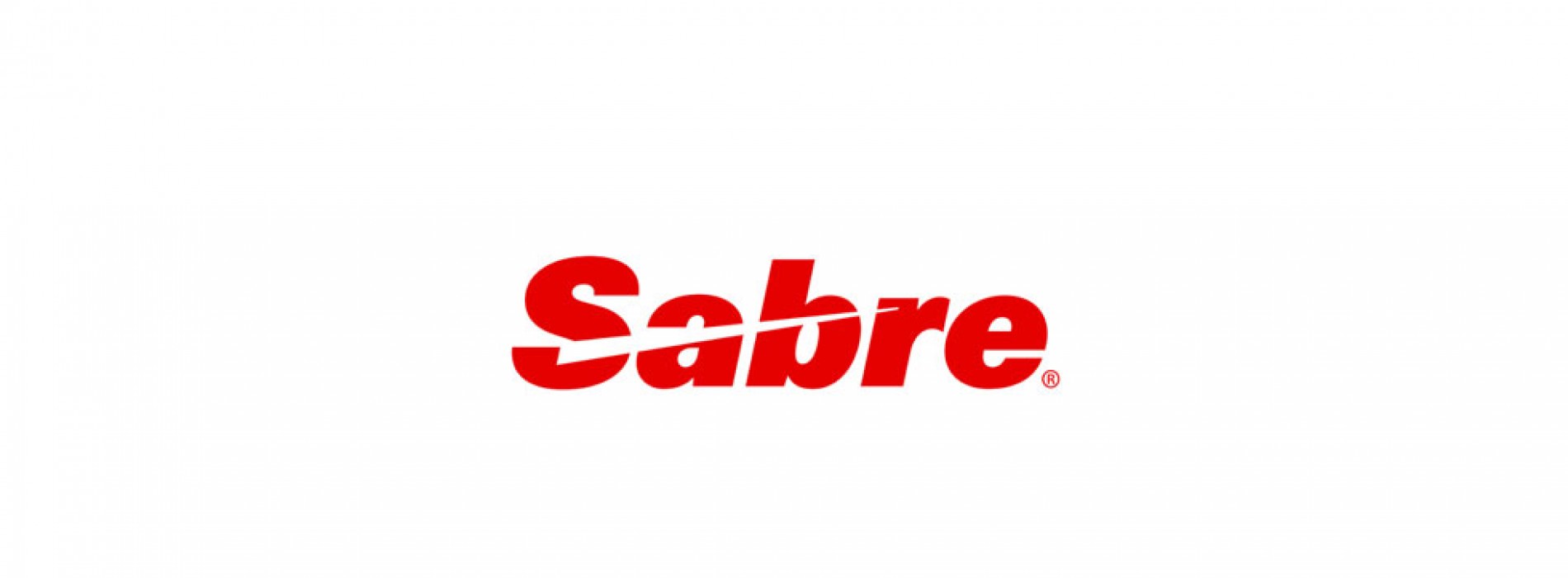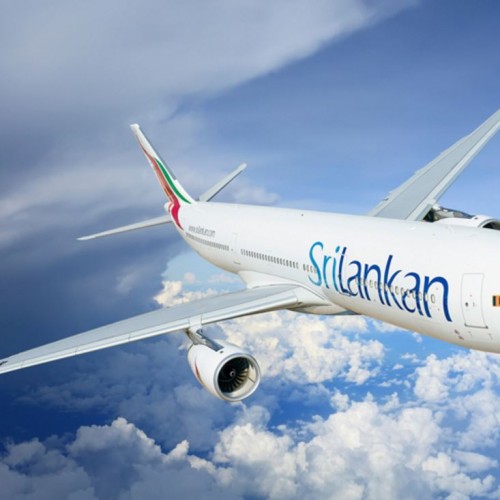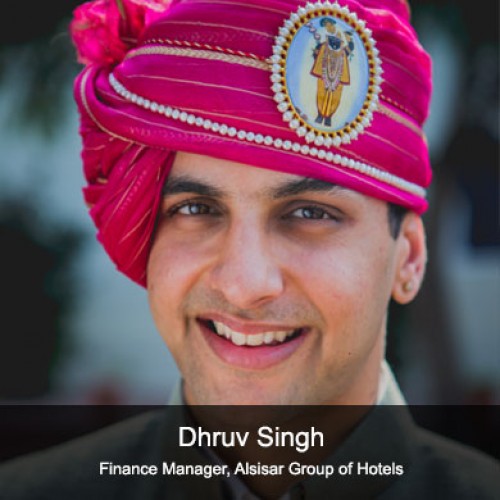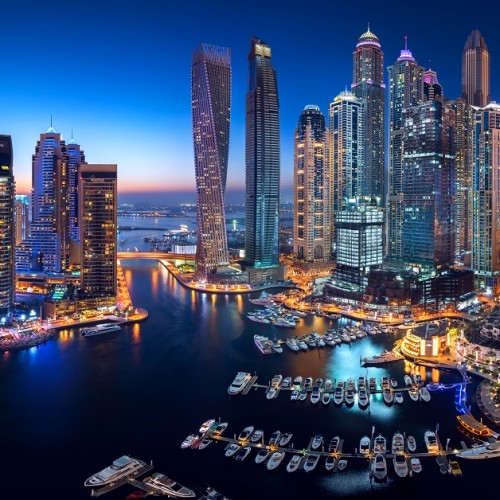Sabre maps travel technology transformation for APAC
From the evolution of the travel agent to travel into space: TTX APAC takes a look at the big trends and developments impacting travel and technology!
Sabre Corporation (NASDAQ: SABR), the leading technology provider to the global travel industry, hosted over 500 members of the APAC travel industry at its first Asia Pacific Travel Technology Exchange conference last week to learn about new technologies and trends making waves in the industry.
Sean Menke, president of Sabre Travel Network, shared an update on the Travel Network business strategy including the three priorities underpinning Sabre’s new product development to meet agency and supplier needs. These focus areas include using business intelligence to optimise customer performance, driving more personalisation for travellers and merchandising options for suppliers, and, for agents, automation and efficiency solutions to reduce costs.
Wade Jones, senior vice president of marketing and strategy for Sabre Travel Network, talked about how the business has evolved from being just a GDS to become a rich, multi-layered, modern platform company. By architecting a more powerful platform that’s compatible with additional enhanced services and applications, Sabre is leveraging beyond the traditional GDS.
“The traveler ecosystem has grown and diversified, and our Travel Network team has built an upgraded technology platform that’s modelled on this,” commented Wade. “At the heart of this platform sits the GDS. That core technology is still critically important. But now, if you look from top to bottom you also see Sabre supporting endpoints like mobile, new User Interfaces for agents and application services across our offerings – all resting on powerful shared platform services. In a nutshell, Sabre has created a modern, value-creation platform that’s driving the traveller ecosystem.”
Roshan Mendis, senior vice president of Sabre Travel Network Asia Pacific, took a look at the key milestones marking the evolution of the travel industry. From the appointment of Cox & Kings in 1759, as general agents to the regiment of Foot Guards in India, to the opening of air travel in the 1920s and take-off of package tours during the 50s post-war boom, he noted that the industry has a long history of change, and it continues to evolve at pace.
“Today the travel industry is on the cusp of a major technological boom. From driverless cars to virtual reality, smart watches, social media and messaging apps, the impact technology will have on travel in the next decade is going to be huge. TTX is a platform to share an update on these developments. But new technologies are only powerful if they are relevant. To be truly relevant we have to understand the changing drivers influencing travel – historically, now and in the future,” commented Roshan.
Looking further forward, John Samuel, senior vice president of design at Sabre, discussed the emerging technologies that Sabre is exploring for the travel industry. Notably he spoke about the potential unlocked value of Messaging Apps for the industry. Since 2015 the number of active users recorded on messaging apps has surpassed the number of active users on social networks. Sabre is exploring the opportunities around adopting conversational interfaces for travel.
“The travel industry, more than others, is well-poised for the uptake of messaging apps to automate components of the travel chain – from shopping and booking, and merchandising, to service and support. The key to a successful adoption will be creating the right mix of automation and human interaction. We are in an industry which has a wealth of human knowledge, and this directly complements the use of listening and answering engines embedded within a messaging platform for travel. Many of the repetitive tasks and questions can be done by chatbots, but at any time the model can’t answer it can hand back to humans for support. The result for travel consultants is more time to provide an enhanced service to customers and, ultimately, the ability to sell more,” concluded John.
A special address from Alex Tang, Asia Pacific Managing Director of commercial space travel company XCOR, added another dimension to the exchange. Alex took to the stage with the science behind space travel, observing the evolution this growing industry has seen in the last few years as it becomes more accessible, and affordable.
During the three day conference over 500 delegates from 26 countries spent a collective 10,000 hours talking about travel and technology. Roshan concluded that the first Asia Pacific TTX is all about the exchange: “that’s how we make sure our business keeps evolving in a truly relevant way. If we know our customers inside out, and we really understand their opportunities, we can develop technologies that truly enhance their business.”
You might also like
SriLankan Airlines strategically expanding its footprint in India
SriLankan Airlines has been focusing on the Indian market to strategically expand its operations in the country. During the past years, SriLankan Airlines has established a strong market presence and lasting
Rajput heritage hotels keeping with the tradition
Alsisar Group of Hotels is looking forward to woo the domestic tourists from metros and the Indian diaspora taking a tour of India to know about their roots. For high-end
Emaar offers outstanding summer stays choices this summer
Emaar Hospitality Group is offering unrivalled hospitality experiences this summer with highly competitive rates specially tailored for the season at its three distinctive hotel brands until September 30, 2018. Guests








